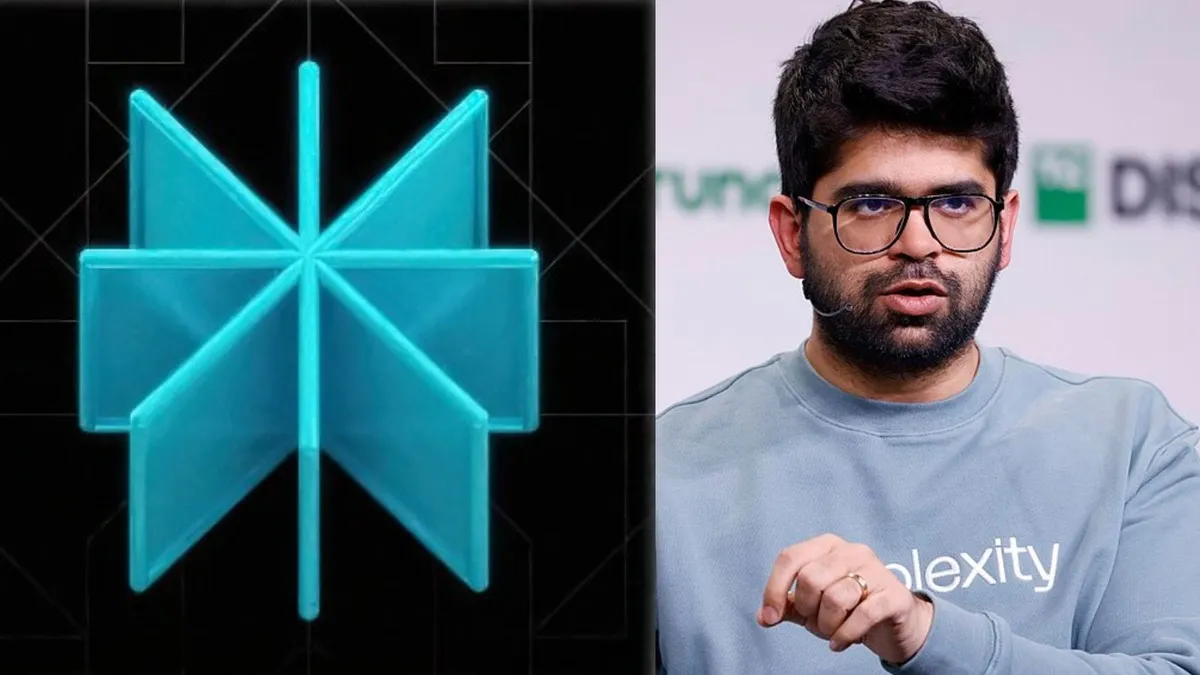
Perplexity is revolutionizing the web browsing experience with its innovative desktop browser, Comet. Unlike traditional browsers, Comet features an in-built AI agent, setting it apart in the competitive landscape of web browsers. This shift is notable as tech giants like Google are also exploring similar integrations, reportedly testing their Gemini AI in Chrome. Meanwhile, OpenAI is rumored to be developing its own AI-driven web browser, further intensifying the AI chatbot race.
As the demand for AI solutions grows, tech companies are increasingly focusing on AI native browsers. This trend may stem from the enhanced user context that web browsers can provide. Browsers can track users' online activities, such as reading articles, writing emails, and online shopping. This data is invaluable for developers aiming to create AI tools that automate these tasks effectively.
Perplexity is positioning itself as a contender against Google's dominance in both web browsing and online search. The limited release of Comet coincides with a pivotal moment where the market may open up to emerging players like Perplexity, especially if Google faces regulatory challenges regarding Chrome in the ongoing US search antitrust remedies case.
Comet is a large language model (LLM)-based web browser featuring an integrated AI Assistant. Users can easily link their Google accounts to transfer their browsing context and extensions from Chrome to Comet. Built on the Chromium framework—an open-source architecture maintained by Google—Comet draws its search capabilities from Perplexity's unique answer engine, leveraging foundational LLMs like OpenAI’s GPT-4 and Anthropic’s Claude 4.0 Sonnet. Additionally, Perplexity utilizes its own LLM named Sonar.
Comet offers users a variety of functionalities, including generating summaries of articles and YouTube videos, describing images from the screen, and conducting in-depth research on specific topics. One standout feature is its ability to provide AI-generated summaries of all open tabs, enhancing productivity and information accessibility.
According to Perplexity CEO Aravind Srinivas, “Comet is not just another chatbot. It’s an AI-native browser that performs operational tasks, like a silent worker running continuously in the background.” The browser is currently available for both Mac and Windows users, but access is limited to Perplexity Max subscribers or those on the early access waitlist. Future plans may include offering Comet for free, although advanced AI features will likely require a subscription.
The most significant distinction between Comet and Google Chrome lies in its search functionality. Comet replaces Google Search results with Perplexity’s AI answer engine, delivering AI-generated insights rather than a traditional list of links. This innovative approach allows users to receive relevant information before being directed to pertinent websites.
Another notable feature of Comet is its user-friendly tabbed interface, which facilitates quick access to information. The browser also suggests related content based on users’ interests and previous reading history. While Google has introduced AI features like AI Overviews and AI Mode in Chrome, the true differentiator for Comet is its robust agentic capabilities.
Comet includes an Assistant button located in the top-right corner, which opens a chat interface. Users can request the Assistant to perform various tasks, such as writing and sending emails, unsubscribing from promotional emails, creating social media posts, and even closing all open tabs. Notably, the Assistant can execute tasks more effectively when users initiate requests with “take control of my browser and…,” according to reports from The Verge.
The Assistant within Comet leverages user context from third-party applications, enabling its agentic capabilities when users are logged in. However, it’s important to note that these features may not always work flawlessly for every task. As a Perplexity spokesperson stated, “Some of the more complicated agentic actions, like shopping, do have a higher failure rate than simpler tasks. This limitation is a current constraint of AI models, but improvements are expected in Comet.” Users can still intervene anytime they feel the Assistant isn't meeting their needs.
In May alone, Perplexity recorded over 780 million search queries, demonstrating significant interest in its search products, which have seen over 20% month-over-month growth. However, it's essential to recognize that AI agents are more compute-intensive than traditional chatbots, making them costlier to run.
As the battle for dominance in the web browser market heats up, Perplexity’s Comet presents a compelling alternative to traditional browsers like Google Chrome. With its AI-driven features and unique functionalities, Comet could redefine how users interact with web content, potentially reshaping the future of online browsing.